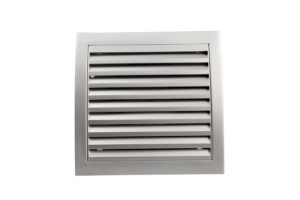
Creating a Safe and Healthy Home Step 7: Ventilate
What is Ventilation? Ventilation means bringing fresh air into the house from outdoors and getting rid of stale, possibly polluted, …


El inglés es el idioma de control de esta página. En la medida en que haya algún conflicto entre la traducción al inglés y la traducción, el inglés prevalece.
Al hacer clic en el enlace de traducción se activa un servicio de traducción gratuito para convertir la página al español. Al igual que con cualquier traducción por Internet, la conversión no es sensible al contexto y puede que no traduzca el texto en su significado original. NC State Extension no garantiza la exactitud del texto traducido. Por favor, tenga en cuenta que algunas aplicaciones y/o servicios pueden no funcionar como se espera cuando se traducen.
Inglês é o idioma de controle desta página. Na medida que haja algum conflito entre o texto original em Inglês e a tradução, o Inglês prevalece.
Ao clicar no link de tradução, um serviço gratuito de tradução será ativado para converter a página para o Português. Como em qualquer tradução pela internet, a conversão não é sensivel ao contexto e pode não ocorrer a tradução para o significado orginal. O serviço de Extensão da Carolina do Norte (NC State Extension) não garante a exatidão do texto traduzido. Por favor, observe que algumas funções ou serviços podem não funcionar como esperado após a tradução.
English is the controlling language of this page. To the extent there is any conflict between the English text and the translation, English controls.
Clicking on the translation link activates a free translation service to convert the page to Spanish. As with any Internet translation, the conversion is not context-sensitive and may not translate the text to its original meaning. NC State Extension does not guarantee the accuracy of the translated text. Please note that some applications and/or services may not function as expected when translated.
Collapse ▲
What is Ventilation? Ventilation means bringing fresh air into the house from outdoors and getting rid of stale, possibly polluted, …

Most Common Home Injuries Injuries in homes are very common. One-third of all injuries that occur in the United States …

Household pests like insects and rodents sometimes find their way into our homes. Common insect pests are cockroaches, flies …

Keeping your house or apartment well maintained is important for keeping your home healthy and safe. If you are …

The Jane S. McKimmon Hall of Fame has welcomed its newest class of honorees, recognizing nine Extension Family and Consumer Sciences …

Water is absolutely essential to our basic survival. We must have clean fresh water for drinking and cooking. And …
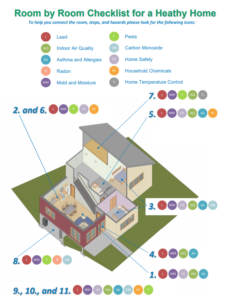
Contaminants such as lead, radon, carbon monoxide, asbestos, second hand smoke, and other chemicals impact the healthfulness of your …

Creating a healthy home involves 7 steps. Step one is CLEAN. Why a clean home is an important step toward …
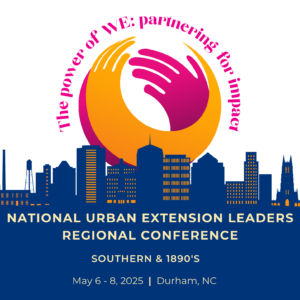
Extension professionals, Extension advisory members, and community partners are invited to attend the National Urban Extension Leaders (NUEL) Southern …

Welcome to the last week of National Nutrition Month, which began on March 1, 2025! This year’s theme is …

Welcome to Week 3 of National Nutrition Month, which began on March 1, 2025! This year’s theme is “Food …

This article was written by Jessica Williams and originally posted here. For two decades, Geri Bushel has been the heart …
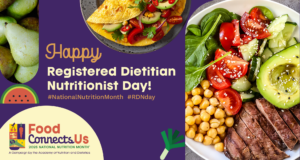
As we shared last week, National Nutrition Month began on March 1, 2025! Aligned with this year’s theme of …

From February 24th – 26th, six Family and Consumer Science Agents were trained in the Foundations of Culinary Training …

National Nutrition Month began on March 1, 2025! This year’s theme is “Food Connects Us”. Each week of March …

Join us in celebrating National Nutrition Month this March! The Academy of Nutrition and Dietetics established National Nutrition Month …
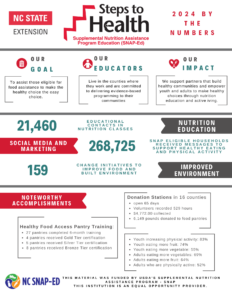
Fiscal year 2024 (FY24) was the 17th year of implementing Steps to Health. Direct education programs, all with the …

School gardens play a vital role in supporting farm to school initiatives. Join us for our School Garden Online …

Buying local foods is an excellent way to engage with your community, forge new connections, and encourage healthy eating …

Navigating federal aid programs after a major storm or natural disaster can sometimes be challenging. The following factsheets based on …
The key to surviving a hurricane is preparation. This factsheet takes you through the thought …
Getting involved in your teen's homework routine can help your teen develop discipline and problem-solving …
This publication describes how children cope with stress and summarizes practices that parents can use …
“Se hacen puentes al andar” es sobre resaltar la importancia de sentirse parte de la …
Expressing feelings can lead to improved interpersonal relationships.
This publication offers tips on dealing with stress.
Foodborne illness is nearly 100 percent preventable if food is handled safely from the time it …
This guide lists the problems that can arise in making sweet gherkin pickles and describes …